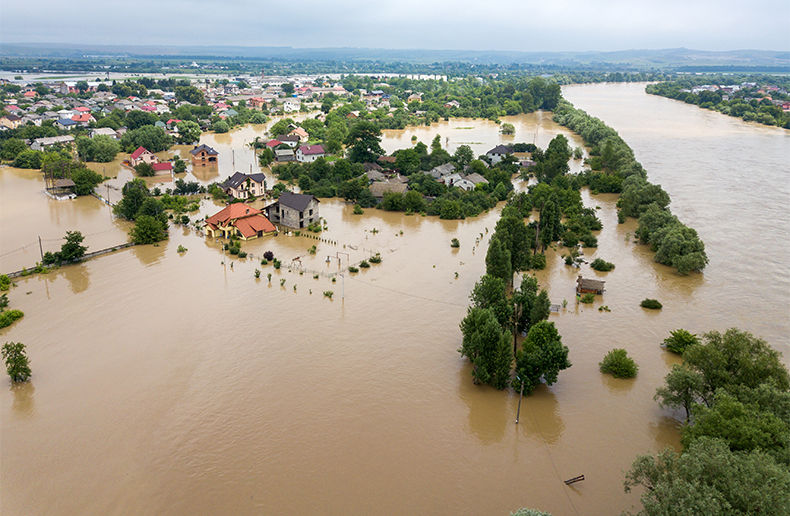Environment and Climate Change Canada has published its 28th annual roundup of top weather and catastrophe-related stories occurring during the year. The top 10 stories are ranked according to the impact events had, the extent of the affected areas, the associated economic impacts and the longevity of events.
The detailed report, Canada’s top 10 weather stories of 2023, shows that 2023 was the worst wildfire year on record, flooding and tornados make the list, and a number of heat-related records were broken, both globally and across the country.
“Science shows that human-caused climate change is affecting the frequency, duration and intensity of many climate-related hazards and disasters around the world, including in Canada,” they write. “That is why the Government of Canada released Canada’s first National Adaptation Strategy in June 2023. The strategy lays out a framework to reduce the risk of climate-related disasters, improve health outcomes, protect nature and biodiversity and maintain resilient infrastructure.”
The report itself states that the degree of devastation across the country in 2023 is difficult to comprehend. They say nearly 90 per cent of alert ready warnings issued in 2023 came from wildfire and weather hazards.
“Not in 28 years of top weather events has there been a more obvious number one story than record wildfires in 2023,” states the report’s author and senior climatologist and Environment and Climate Change Canada, David Phillips. “At times, out-of-control fires burned in nearly every province and territory. It was a story that captured international attention for much of the year.”
He says 2023 was the worst wildfire year on record, being at least twice as bad as the previous worst year and seven times the 10-year average of forests consumed by fires. “The area burned by wildfires stretched over 18-million hectares.”
Flooding in Calgary, Edmonton, Regina, Winnipeg, Quebec City, Ottawa and Montreal are all also discussed in the report, as are the number of tornados confirmed during the year. Notable among the tornado stories, he says, is the Canada Day tornado which formed in Alberta with wind speeds reported around 275 km/h.
“Preliminary estimates compiled by Catastrophe Indices and Quantification Inc. (CatIQ) (suggest) there were 27 major weather events from December 2022 to November 2023, each with insured cost losses of at least $30-million and with an aggregate loss approaching $3.5-billion,” the report states. “It will be months before the insurance industry tallies final figures, and it will be only a fraction of the actual cost to properties, businesses and infrastructure.”







